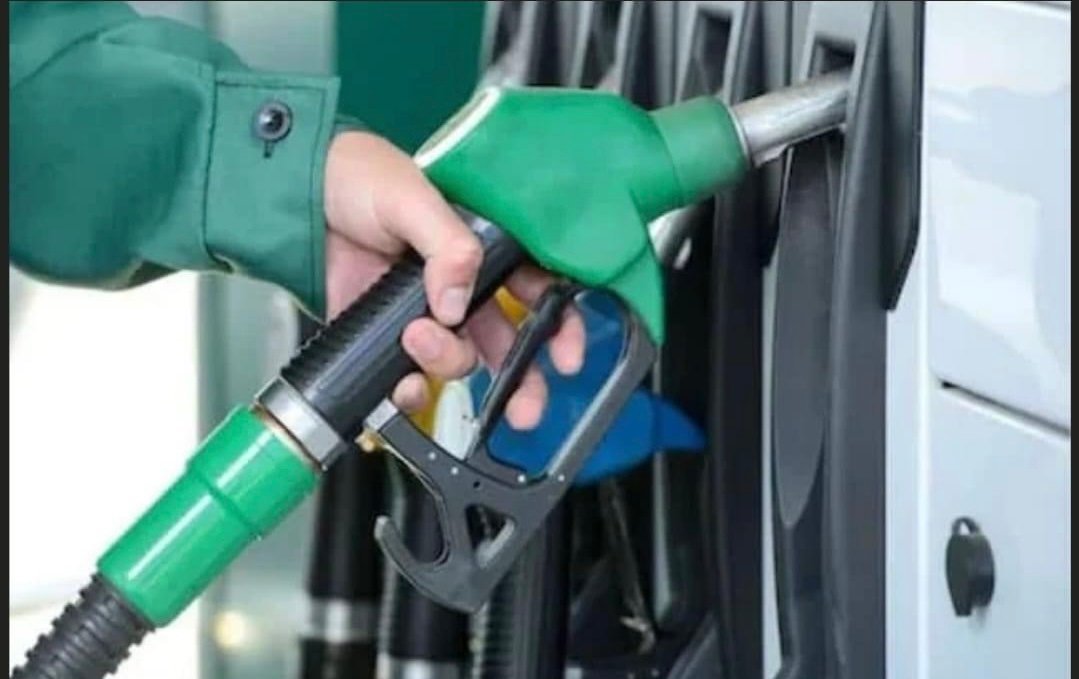Pakistan is gearing up for another round of fuel price adjustments, scheduled to take effect from December 16, 2024. With every fuel price review, consumers across the nation brace for its economic ripple effects. This time, there is a mixed bag of changes, with petrol prices likely to increase slightly and diesel prices poised for a decrease.
Proposed Changes in Fuel Prices
According to recent media reports:
- Petrol Price: Expected to increase by Rs. 0.81 per liter, bringing the new price to Rs. 252.92 per liter.
- Diesel Price: Expected to decrease by Rs. 3.94 per liter, setting the new price at Rs. 254.53 per liter.
These changes reflect adjustments influenced by international market dynamics, particularly the volatile geopolitical situation in Syria.
Global Market Dynamics Impacting Fuel Prices
The proposed changes in fuel prices stem from the interplay of global supply and demand trends, coupled with geopolitical tensions.
- Abundant Supply & Subdued Demand: Currently, the global oil market is experiencing a surplus in supply and lower demand, which is keeping prices relatively stable.
- Geopolitical Tensions in Syria: The ongoing conflict has disrupted oil supplies in the region, causing uncertainty. However, if the situation stabilizes, Pakistan may see further reductions in fuel prices.
It’s important to note that any unforeseen global developments, such as sudden conflicts or economic shifts, could disrupt these trends and lead to unexpected changes in oil prices.
Economic Impact of the Proposed Adjustments
For Petrol Consumers
Petrol is widely used in private vehicles, motorcycles, rickshaws, and small transport vehicles. The modest increase in petrol prices will directly impact:
- Household Budgets: Middle and lower-middle-class individuals, who primarily rely on petrol-fueled vehicles, will feel the pinch as transportation costs rise.
- Cost of Living: An increase in petrol prices often leads to higher transportation expenses, which can ripple into other sectors, raising the overall cost of living.
For Diesel Consumers
Diesel is the backbone of Pakistan’s transportation and agriculture sectors, powering heavy vehicles like trucks, buses, and agricultural machinery. The decrease in diesel prices offers:
- Relief for Businesses: Reduced transportation costs for goods and commodities could benefit businesses, potentially leading to price stability for consumers.
- Support for Farmers: Lower diesel prices could lower operational costs for agricultural activities, providing some relief to farmers.
Comparison with the Previous Fortnightly Review
In the last fuel price adjustment, both petrol and diesel saw significant hikes:
- Petrol: Increased by Rs. 3.72 per liter.
- Diesel: Increased by Rs. 3.29 per liter.
These prior increases had already raised transportation costs across the country, and the upcoming changes could partially balance the impact, particularly with the diesel price reduction.
Broader Implications for the Economy
The overall impact of these fuel price adjustments will depend on several factors, including:
- Government Policies: Fiscal and monetary measures can either mitigate or exacerbate the economic effects of fuel price changes.
- Inflation: Fuel prices have a direct impact on inflation, as higher transportation costs often lead to increased prices for goods and services.
- Global Market Stability: Continued geopolitical tensions or disruptions in the oil market could influence future price adjustments.
Looking Ahead
As Pakistan navigates these changes, policymakers will need to balance domestic economic pressures with global market realities. For consumers, the adjustments offer mixed implications, with diesel users seeing some relief while petrol consumers brace for slightly higher costs.
Stay tuned for more updates as these changes take effect. For now, prepare for the revised fuel prices from December 16, 2024—and consider how they might impact your daily budget and the broader economy.
Fuel Prices from December 16, 2024:
- Petrol: Rs. 252.92 per liter
- Diesel: Rs. 254.53 per liter






